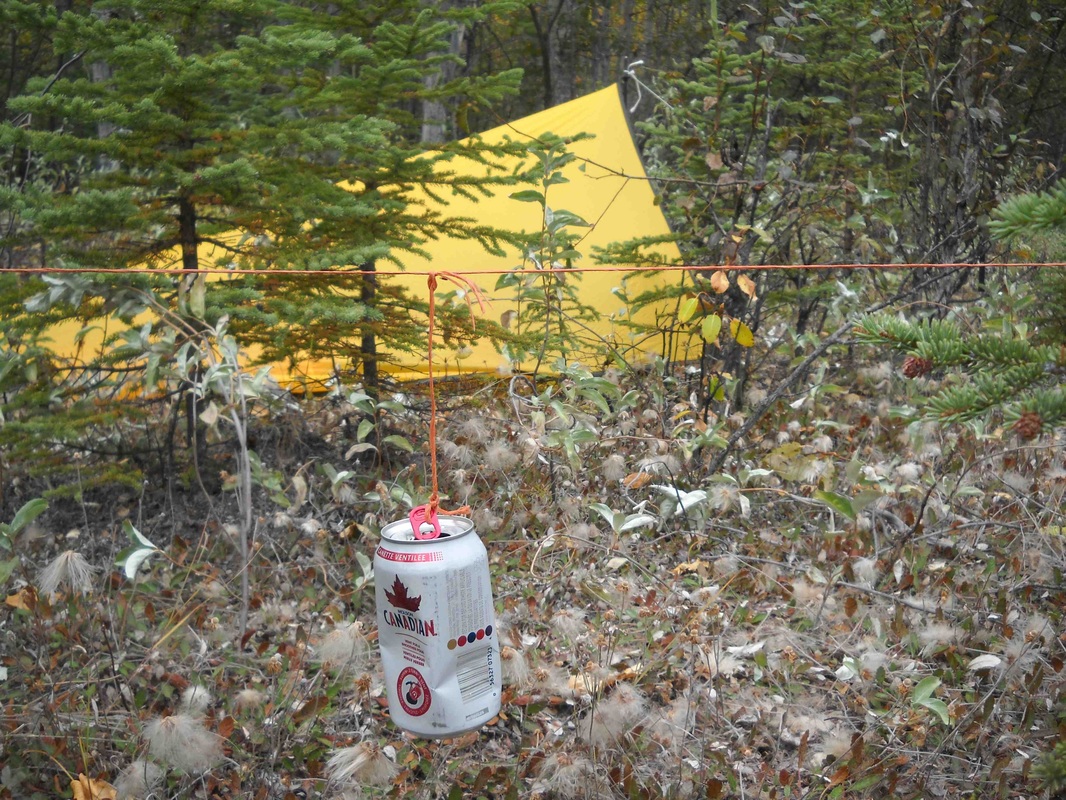When my great-grandfather was on his deathbed at 96 years old, his eyes were closed and, with his hands, he quietly acted out the motions of fly fishing and smoking. He was no longer confined to a bed, attached to monitors and unable to walk or use the bathroom on his own. His hands went through the motions of gently casting a dry fly on to a Montana river and I imagined him watching the sun shimmer off the waves and seeing the wisps of smoke rise from his unfiltered Camel cigarette. He lived his life hunting and fishing in the mountains and it still makes me happy to know that he was able to escape his suffering at the end and return to the place that brought him so much joy. I always hope to live my life in a way that will give me these sorts of memories, adventures that I will remember until the end.
When my hunting partner, Jonathan, and I were standing on the shore of the famous Tuchodi River and we watched the jetboat race away downstream after dropping us off, I knew that I was about to embark on just such an adventure.
“It’s hard to believe that we are actually here,” Jonathan mentioned as we both looked at the magnificent surroundings.
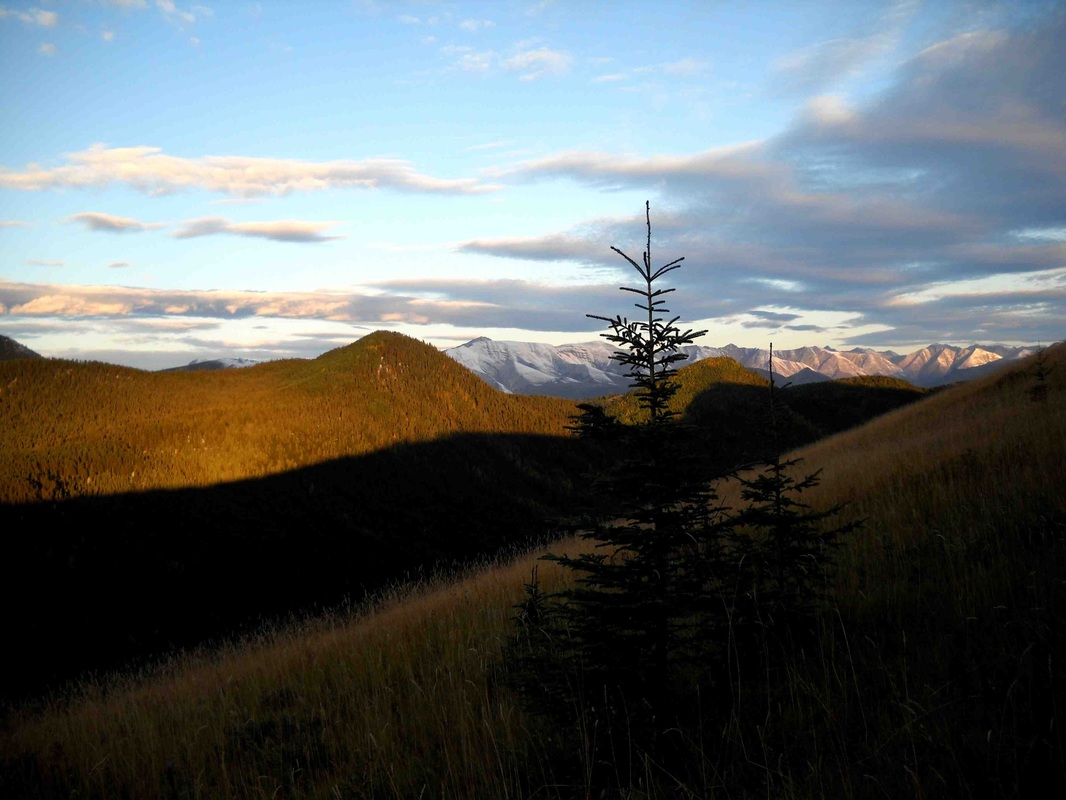
After taking a minute to soak it all in and appreciate the fact that all the planning was behind us and the adventure still lay ahead, we quickly set up Jonathan’s Kifaru teepee and woodstove. Once our base camp was set up on the river, we packed our backpacks and surveyed our maps for a good location to set up a spike camp off the river. With fourteen days of hunting ahead of us, it seemed like we had all the time in the world, but we knew it would go quickly and we were not about to waste a minute of it.
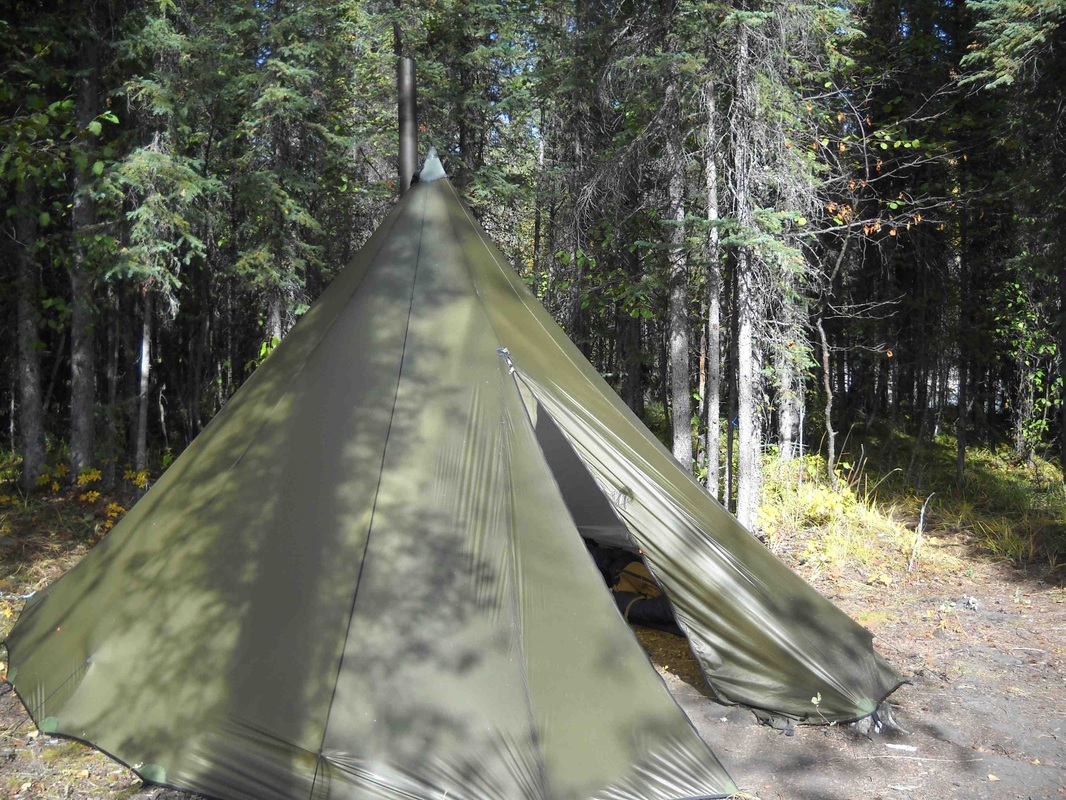
impossible to camp. After hours of frustration, we finally found a flat and dry area next to a small slough, just big enough to set up our shelters.
To our dismay, we came across almost no elk sign all day and, after an evening of bugling and cow calling from the edge of the timber, we heard only wolves howling in the distance. There was not enough snow to melt for water, so our only remaining option was the swampy water from the slough near our campsite. Our overwhelming enthusiasm of the morning was starting to disintegrate as we sat in the freezing cold, drinking greenish water that smelled remarkably similar to compost. We knew, however, that this was but one little valley in a huge expanse of wilderness and, after reviewing the maps by headlamp, we decided we would pack up in the morning and hike up the ridge to our south to find more productive ground.
After all the exertions of the day, I was sleeping very soundly when, at about 1:00 a.m., I was awoken by the unmistakable sound of a bull elk bugle. At first I thought maybe I was dreaming, but there it was again, getting louder and louder. Then I heard the mewing of a cow elk over and over. Adrenaline kept me awake most of the night, but I faded in and out between the loud screams of the bull.
The next morning we both woke up before dawn. Jonathan said through the tent, “You heard those elk last night, didn’t you?” I think he wanted to make sure that he didn’t just dream it all up.
I reassured him that I too had heard the symphony of elk through the night, only realizing after the fact that I blew a perfect opportunity to make him really question his sanity.
We set out first thing and, of course, by then the elk had gone completely silent. There were no sounds except the echoes of our own bugling. We attempted to follow some tracks, but they were quickly lost in the patchy snow and hummocky grass. Despite the nighttime bugling, we still decided that we should continue to explore new territory where we would hopefully find more elk.
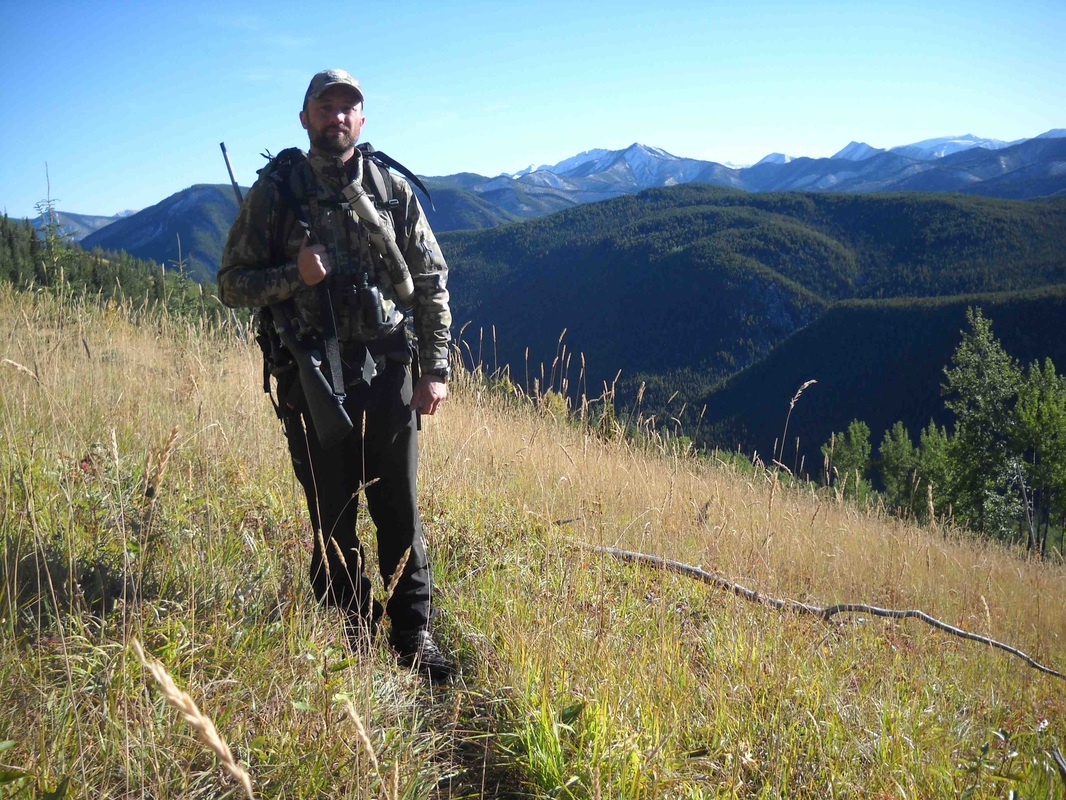
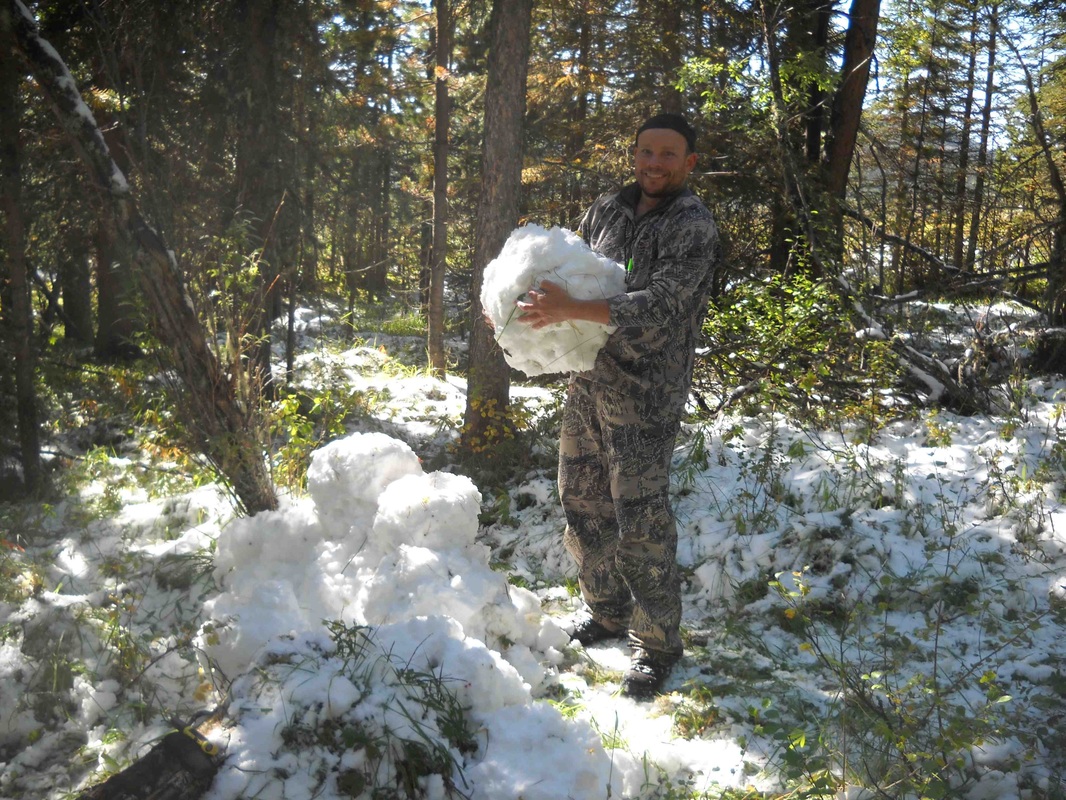
Finally, while sitting and glassing on a sun-drenched slope, Jonathan spotted an elk way up the main valley in a large open patch in the timber. Such a well-circumscribed opening was definitely man-made, and we figured it was probably an old burn made by outfitters years ago. This burn was likely a habitat improvement from the past, a remnant of the old days before jetboats when it would take several days for outfitters to pack their hunters in on horseback. After doing a reconnaissance mission to the burn and finding a place nearby to camp, we returned to the main camp on the river to resupply.
After several nights in our small tents, the teepee seemed like a palace. With the woodstove crackling, we cooked up a good meal and got our boots drying.
Although our accommodations were first-rate, our peaceful sleeping was disturbed by the pitter-patter of tiny feet rummaging through our belongings and running over our sleeping bags. We had been discovered by at least one mouse, and after going to work on our toilet paper supply, he set out to execute his diabolical plan of keeping us up all night. We vowed that we would never again be caught without a mousetrap.
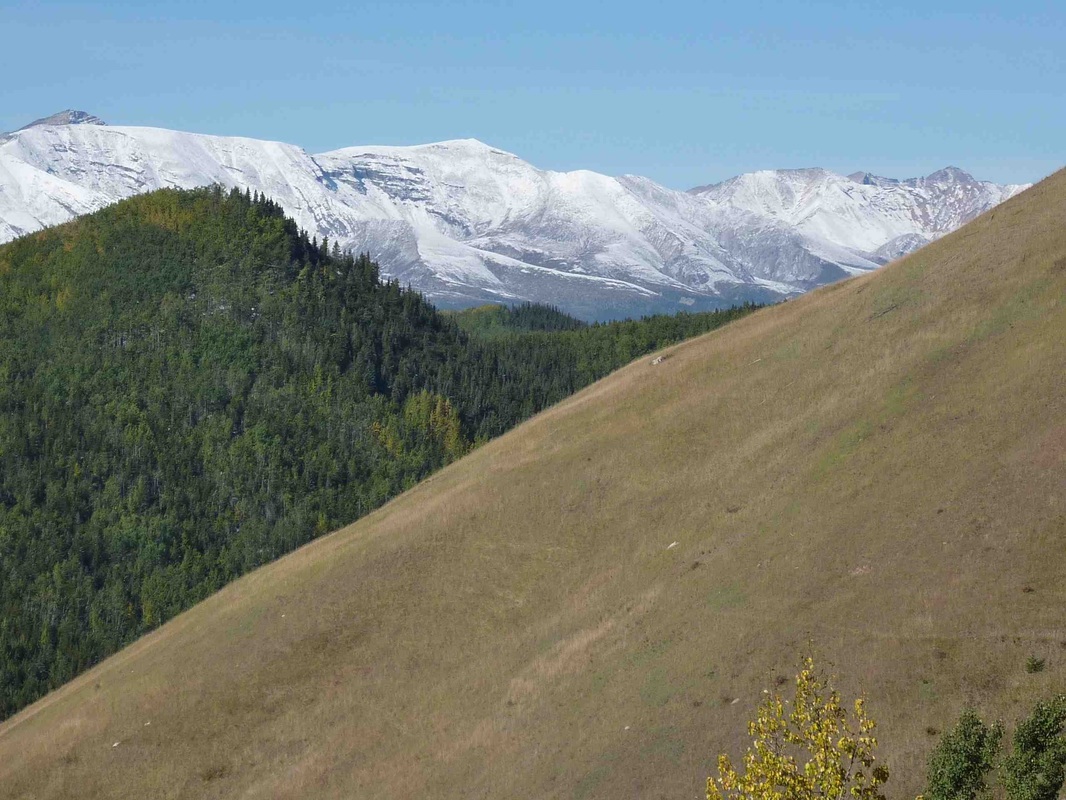
The country was spectacular and when we got back to camp we sipped some whiskey around the campfire. Dusk turned to dark and, without the lights of civilization, the stars put on an amazing show. Eventually the conversation drifted to our motivations for hunting and Jonathan said, “It isn’t about the killing, which I think is what most non‐hunters think it’s about. If it was just about killing, I could go work in a slaughterhouse.” He went on to describe the challenge, the beautiful country and the fact that humans have been hunting for as long as there have been humans.
I agreed with everything Jonathan said and added that part of the appeal to me is that hunting gives me an incredible goal to work towards. Even though most days when I’m hunting I never achieve the goal of taking an animal, it is always motivating every decision I make. When on a hunt like this, from the moment I wake up to the moment I go to sleep, I am focused solely on hunting elk.
I also added that it is refreshing to be doing something that has real consequences. The decisions that we make in remote country like this actually matter in a way that they don’t in normal life. Back home I have to make countless decisions every day, but the basic necessities such as food, water, shelter and security are never really in doubt. That’s a good thing most of the time, but living out of a backpack in truly wild country makes you become self-sufficient in a way that you can’t experience with electricity and running water. After our campfire slowly turned from flames into embers, we retired to our sleeping bags, hopeful about what the morning might bring.
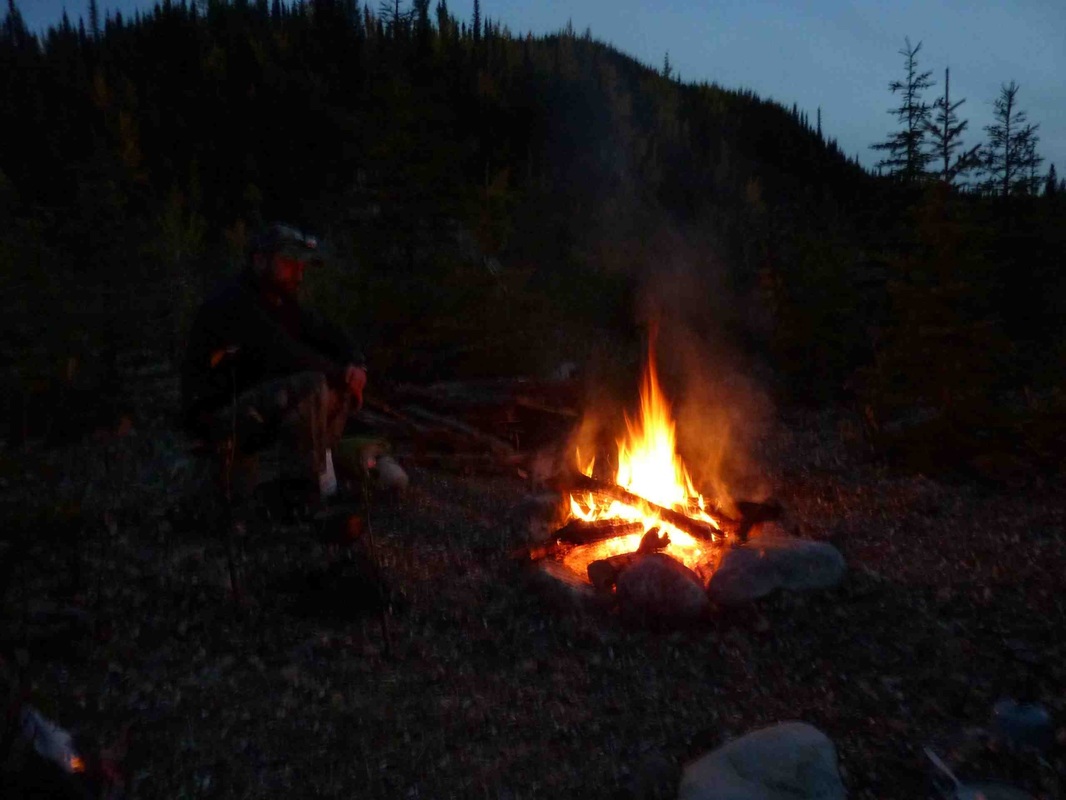
Jonathan started to quietly walk further into the burn, cow calling as he went. All of a sudden he froze and his eyes lit up. He swung around and motioned for me to get my bow ready. The trees at the edge of the clearing obstructed my view, but I could tell that something was coming in. Jonathan backed up and crouched behind cover as he held up four fingers and mouthed the word “Four.” Since the 4-pointer wasn’t legal with his rifle, which are restricted to 6 point or bigger, it meant that it was up to me and my bow. He kept cow calling and I could hear the bull closing in. Jonathan positioned himself so that he would draw the bull in broadside to me. I had my arrow nocked and my release hooked on the string when I finally saw the bull through the timber. He had to go about 10 more feet before I could get an open shot and, just as I was about to draw back on my bow, the bull stopped and looked at me.
I was still fairly well hidden in my camouflage and behind partial cover, so I just held still and waited. Eventually Jonathan’s cow calls proved to be too irresistible, and the bull continued on. As soon as he turned his head away from me, I drew my bow. My heart was pounding wildly, and I tried to remember the landmarks that I had zapped with my rangefinder to estimate his distance. When the bull was clear of the obstructions, Jonathan snapped a twig, and it worked perfectly to stop the bull in his tracks. It seemed like a long shot with my compound bow, but I put my pin on his chest and released my arrow.
I overestimated the distance, and the arrow sailed just over his back, missing cleanly and I heard a loud “whack” as it slammed into a tree stump behind the bull. I couldn’t believe it. All the practice I had put in before the season and I just had just blown my chance at a bull elk. The bull jumped and started to run, but another cow call stopped him just long enough for me to nock another arrow. This time I was not going to estimate anything. I put my laser rangefinder on him and it read 52 yards. A longer shot than I wanted to take, but I knew that this was my only chance. I released another arrow and this one landed.
The bull bolted across the burn, heading to the dark timber. Jonathan came running up. “Where did you hit him?” he asked. “More forward than I would like, hopefully not in the shoulder,” I replied anxiously. The euphoria I expected to feel at this moment was instead replaced by the worry that I may have inflicted a non‐fatal wound on this beautiful bull. We waited for what felt like forever, and then we went out searching for a blood trail. Once we came across blood, I was relieved to see that it was heavy and continual. The bull wouldn’t have gone far. Sure enough, within a hundred yards we spotted him piled up against some small spruce trees. It turned out that it wasn’t the shot placement that I intended, but a quick, ethical kill nonetheless. What a relief.
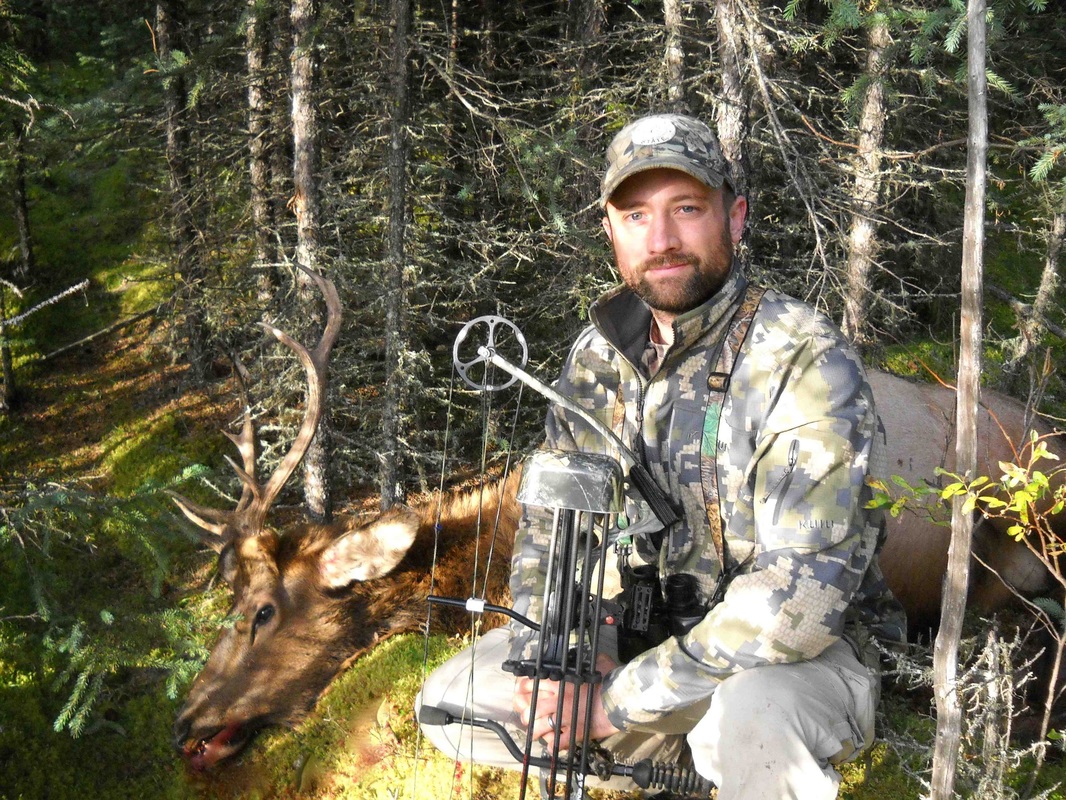
With the work behind us, I finally experienced some of the euphoria that I had expected to have earlier. I had just killed a bull elk with a bow for the first time and we had managed to get it packed all the way down to our camp on the river. It was hanging safely in the trees and our jetboat transporter was going to come pick it up in the morning to take it to a cooler. I rinsed off and took a well-deserved pull of whiskey from the bottle, smiling from ear to ear.
We still had a few more days to hunt, so after a day at basecamp to fish and rest our sore bodies, we headed back out to our spike camp to search for another bull for Jonathan. With our gear now thoroughly soaked in elk blood, we made an improvised perimeter around our camp with bailing twine and beer cans filled with pebbles. Who knows if it would actually warn us of a grizzly intrusion, but it helped us sleep a little more soundly. Plus, we were no longer drinking beer for mere pleasure, we were drinking with purpose. We hunted hard for the last couple days and heard some bugles, but never got lucky enough to come across a second bull.
We never experienced the massive numbers of elk that the Tuchodi River is famous for. Throughout the trip we went from theory to theory about why we weren’t seeing many elk: the unusual heat that we experienced after the initial cold weather, the wolves, we were too early in the season, too late in the season. We decided that what it really came down to was that we were hunting. There is never a sure thing in hunting, no matter how good you think your chances are. We both felt extremely lucky to be taking at least one bull elk back home with us.
After the long drive home, it was hard to believe that our big adventure was really over. As with any big trip I’ve taken, after planning and dreaming about it for so long, it felt like it was over in the blink of an eye. Although it was hard to drive away from the amazing country of Northern BC, I was overjoyed to see my wife and young son. I always find that hot showers and a soft bed are never more appreciated than after an extended trip in the mountains.
Hopefully life will have many more adventures in store for me, but either way, this will be an adventure that I’m sure I’ll always remember. When memories are reduced to a few of the most memorable snapshots of your life, what adventures will still be burned into your memory? There are many things that bring me great joy: my wonderful family, skiing deep powder and climbing big peaks, but there is a pretty good chance that when I am on my deathbed, I’ll be quietly stalking a majestic bull elk, trying to coax him in with the siren sound of a cow call, mewing and tempting him to ignore his uncertainties, and come just a little closer.



